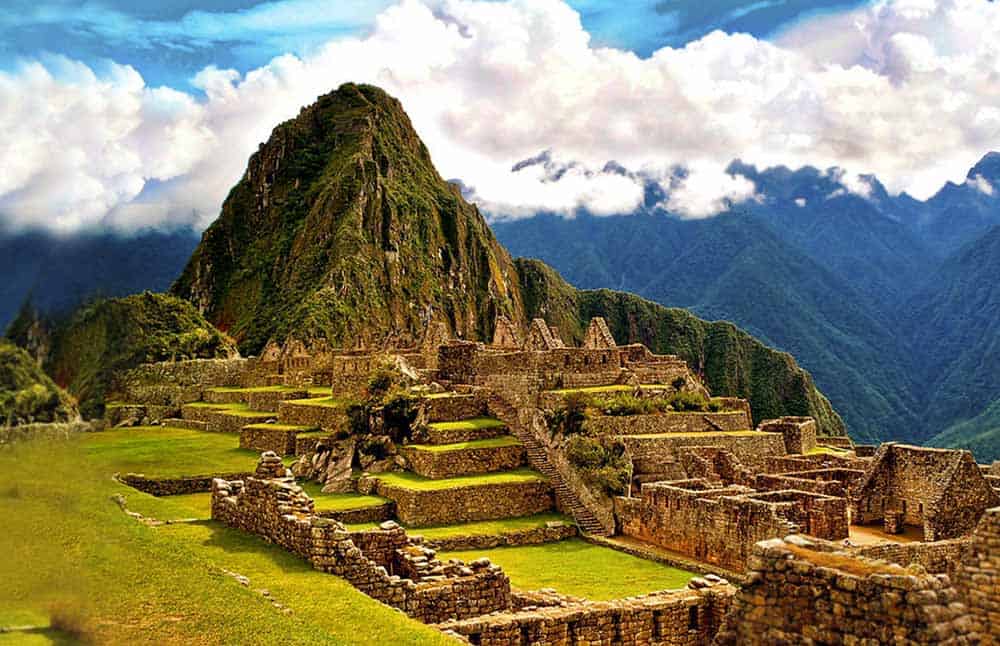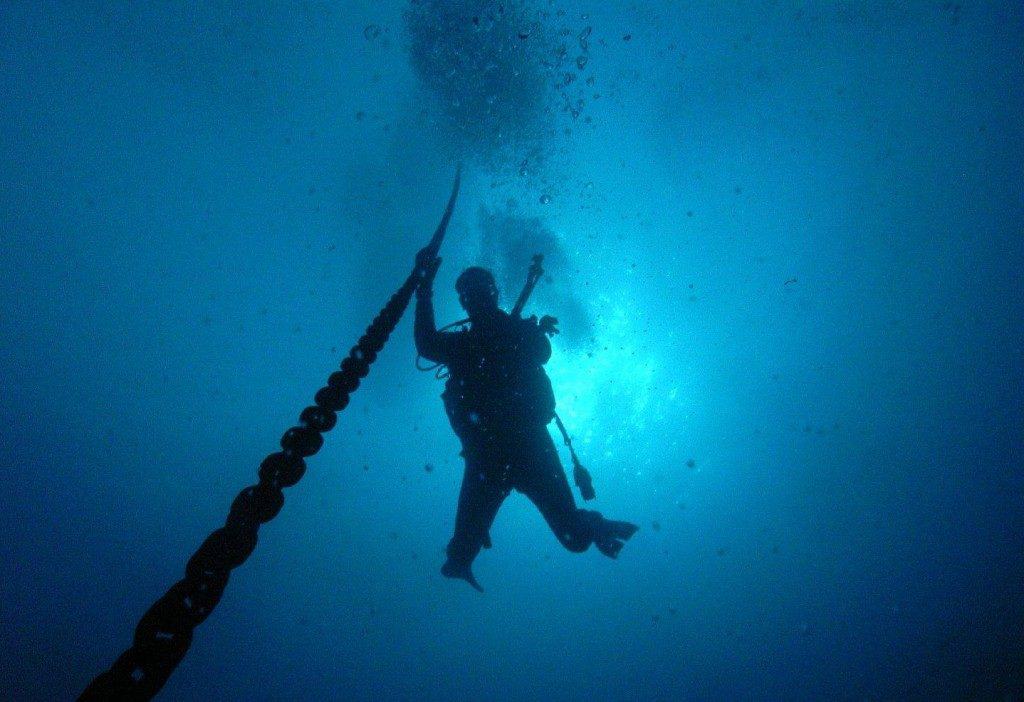
With controlled air conditioning in virtually every room humans enter in developed nations and the ability to buy any type of food we need in stores, it’s hard to imagine that people were ever able to roam the land freely and find everything they needed amongst the Earth’s natural resources. Of course, there are still humans in different corners of the world that still do this today, with some living a completely primitive lifestyle and others living a simple life that still involve some modern-day technology.
Before the existence of modern technology, which is fairly new, humans adapted to their climate and were able to make the Earth work for them. There are people living today that have taken an interest in how the human body used to adapt to the world around them and have tested ways to train their own body to do the same. Below are seven examples of awesome ‘superpowers’ the human body is capable of developing with a little training and a lot of dedication.
1. Using breathing and cold exposure to control body temp and the immune system

Journalist and anthropologist Scott Carney wrote a book about his investigation into the ability of the human body to “renew our lost evolutionary strength” through a combination of breathing exercises and exposure to cold temperatures. In his investigation, he engaged in the Hof method, which promotes the breathing and cold exposure, and Carney was afterwards able to warm himself, adapt more quickly to altitude, and activate or suppress his immune system.
Carney was able to climb icy Mount Kilimanjaro in a little over 28 hours, which usually takes about a week for people in full weather gear, and he did almost the entire thing shirtless. Research has found that the Hof method has shown to give humans some control over their immune system, which was previously thought of as impossible.
2. Humans can adapt to survive at the top of the world

If you’ve ever been to Peru or have heard of Machu Picchu, you know that there are humans that have survived at extremely high altitudes. What makes high altitude living so tough is that humans today find it difficult to get enough oxygen when they first enter such high peaks. This results in altitude sickness, which can lead to headaches, loss of appetite, and trouble sleeping.
However, after spending some time in a high altitude place, your body adapts and your red blood cells will start to react differently by holding onto oxygen overnight. So although the oxygen levels are extremely reduced at the terrestrial top of the world, people today can still adapt to live as the indigenous people did.
3. Deep diving and holding your breath underwater

Humans are still pushing the limits on deep diving in the ocean and holding their breath underwater, as new world records constantly emerge. For breath holding, it’s been discovered that the body can hold oxygen for twice as long underwater as it can on land because of an evolutionary trait that slows the body’s heart rate and oxygen consumption when submerged in cold water. For untrained divers, the pulse rate can decrease by 10 to 30 percent, but for professional divers it can decrease by more than 50 percent.
This trait allows humans to hold their breath for up to 22 minutes underwater and dive up to 700 feet deep in the ocean, both of which are the current world records for each activity.
4. Arctic swimmer’s body becomes human furnace

The Hof method and those who have followed it aren’t the only ones that have mastered the art of regulating body temperature through repeated exposure to extreme conditions. Arctic swimmer Lewis Pugh has set records as being the first swimmer to complete a long-distance swim in the North Pole, a place where the water was about 29 degrees Fahrenheit when he completed the race. Scientists studied his body to determine how it is that he survives so long in the icy temps (about 20 minutes) and discovered that his repeated exposure has allowed his body to develop a unique body heat trick.
Before he even submerges himself into the water, his core body temperate elevates itself by several degrees. This is something he first noticed by accident, after he realized he was sweating and became thirsty just by looking at the freezing water he was about to dive into.
5. Distance running is a unique trait for humans

Distance running is something that many humans avoid, but the fact that we have the ability to even run a few miles without stopping is unique to humans. There are few other animals in the world that can do this, including horses, dogs, and camels, and amongst those, none of them can run as far and for as long as the greatest human distance runners can. Of course, doing so requires massive amounts of daily training, which is how some runners can regularly run 20 miles each day or do 50 marathons in 50 days, as one runner did.
6. Human sonar

Most people have heard of sonar, which is the use of sound or repeated clicks to determine the size, distance, and shape of nearby objects. Bats, dolphins, and the military use sonar to gauge their surroundings, but since most humans have perfectly fine eyesight or can hear when something is nearby, it hasn’t been observed as a useful tool for humans.
However, there is a blind man, Daniel Kish, who has claimed to use echolocation by way of repeated clicking noises to successfully ride a bike and hike through the wilderness. Since he’s blind, this is an impressive accomplishment, and it interested researchers, who found that Kish isn’t the only human to have mastered this technique. Others have been able to do the same thing after learning through a few weeks of training.
7. Human compass

As time goes on and access to GPS becomes more and more available, people rely less and less on their own brains and sense of direction to determine where they are. While many of us can make our way home from a local spot without using a directional aid, there are others who can take it even further. Some people are able to point in cardinal directions (the points on a compass) no matter where they are and without the use of a map. The ability to do so would explain how humans way back when were able to navigate the seas, forests, and desert without any sort of indication of where they were and without ever being in that spot previously. Research suggests that the more we build up our internal maps, the more the part of our brain that memorizes space grows.
It’s highly impressive that humans were ever able to inherently have these evolutionary abilities, and it’s even more impressive that humans today are curious and dedicated enough to renew these long-lost traits. The training is often grueling, but with the right amount of passion, most humans are capable of returning to nature.
What are your thoughts? Please comment below and share this news!


